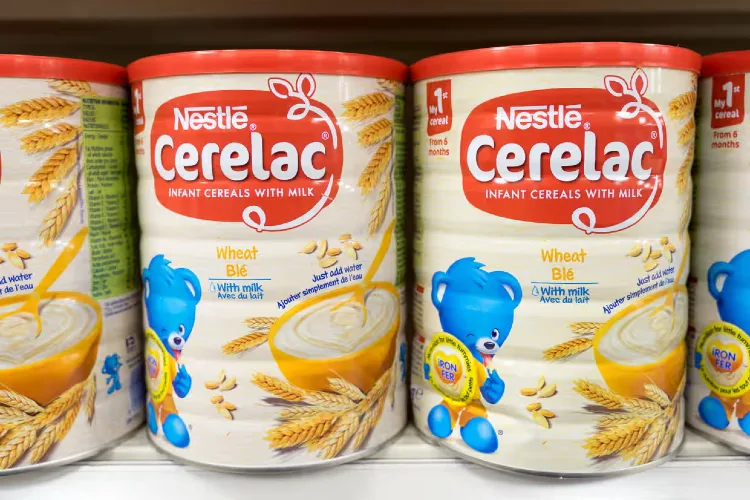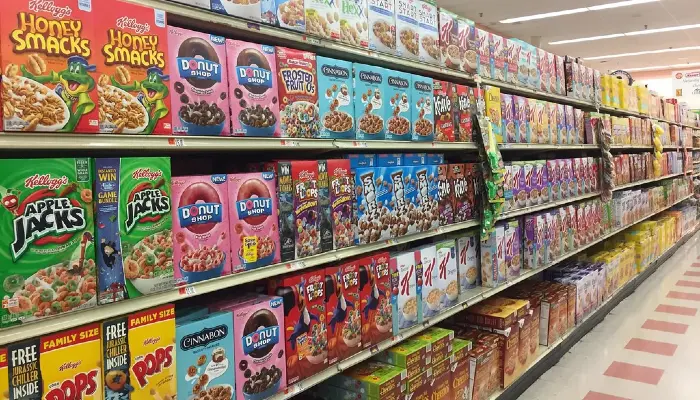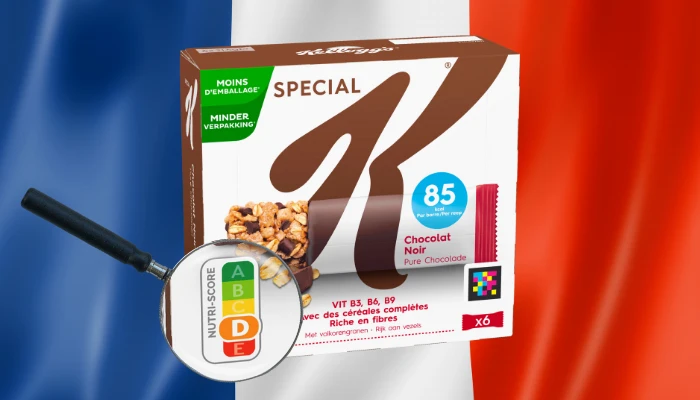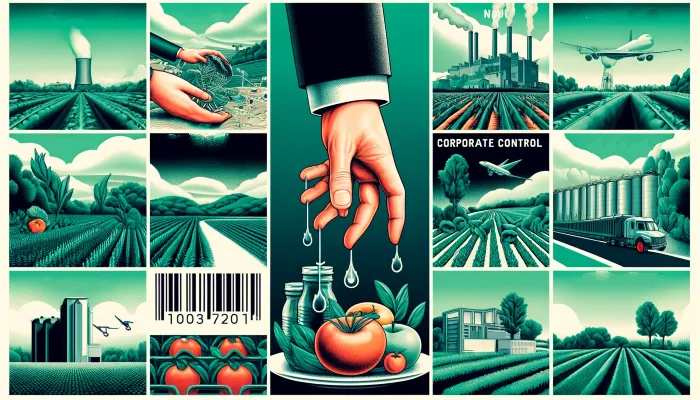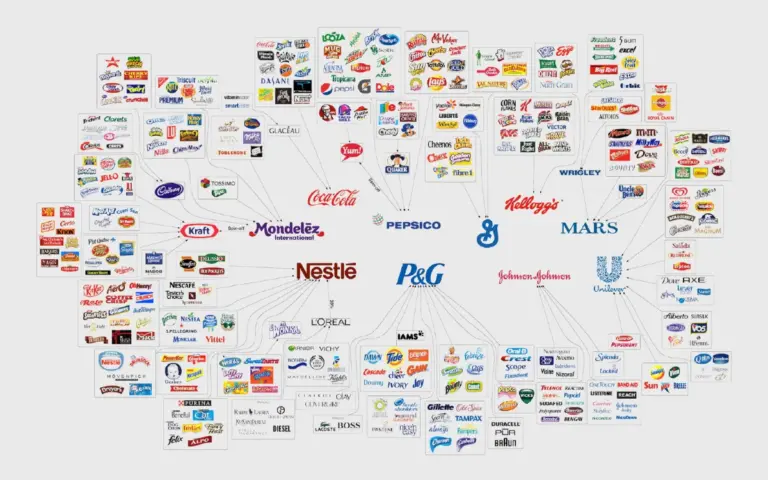Nestlé, the global consumer goods giant, is under scrutiny for adding sugar and honey to its infant milk and cereal products sold in developing countries, despite international guidelines designed to combat obesity and chronic diseases. This practice was highlighted in a report by Public Eye, a Swiss investigative organization, which tested the company’s baby food products from markets in Asia, Africa, and Latin America.
The analysis, conducted in a Belgian lab alongside reviews of the product packaging, found added sugars in the form of sucrose or honey in Nido, a milk formula for children over one year old, and Cerelac, a cereal intended for children between six months and two years. Contrasting sharply with Nestlé’s practices in Europe, such as in the UK where no added sugars are found in similar products, the findings point to a troubling double standard.

Obesity, which is becoming increasingly problematic in low- and middle-income countries, has been exacerbated by such practices. According to the World Health Organization, the number of overweight children under five in Africa has risen by nearly 23% since 2000, with over a billion people globally suffering from obesity. This is compounded by the challenge consumers face in discerning added sugars on product labels, which often group them with naturally occurring sugars.
WHO’s European guidelines recommend excluding added sugars and sweeteners in foods for children under three, a standard deemed relevant worldwide despite the lack of specific global directives. Both the UK and US have guidelines that discourage added sugars in young children’s diets due to risks like weight gain and tooth decay.

Public Eye’s findings, shared in collaboration with the International Baby Food Action Network, show Cerelac generating over $1 billion in global retail sales, with significant proportions in Brazil and India—countries classified as low- and middle-income.
Dr. Nigel Rollins of the WHO criticized the discrepancies in Nestlé’s product formulations: “This is a double standard that can’t be justified.”
Further disparities were evident in product testing across various countries. For example, biscuit-flavored cereals for babies six months and older in Senegal and South Africa contained 6g of added sugar per serving, while the same product in Switzerland contained none. Similarly, tests in India found Cerelac products averaged over 2.7g of added sugar per serving.
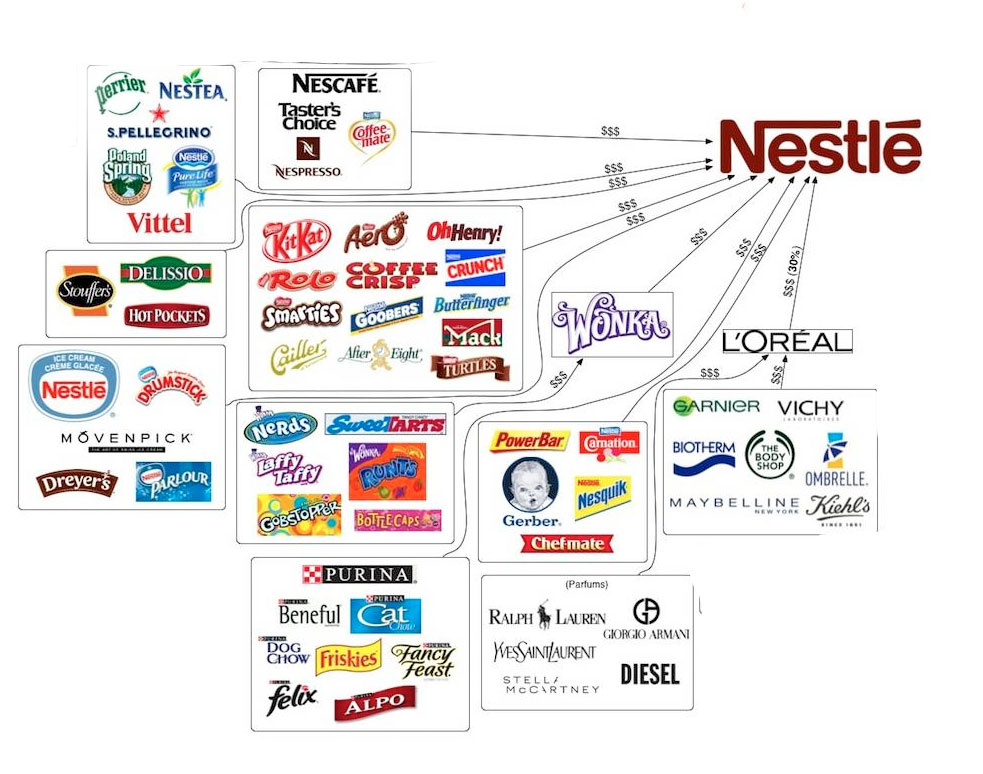
In Brazil, known locally as Mucilon, Cerelac variants showed mixed results, with some containing nearly 4g of added sugar per serving. In Nigeria, one tested product had up to 6.8g of added sugar.
Nido brand variations also showed significant differences. In the Philippines, toddler-targeted products contained no added sugar, whereas in Indonesia, all Dancow-branded Nido products included about 2g of added sugar per 100g.
More To Discover
In response to these findings, a Nestlé spokesperson defended the nutritional quality of their early childhood products and stated that they adhere to local and international standards, including those for labeling and sugar content. The spokesperson also noted that the company has reduced added sugars in its infant cereals portfolio by 11% globally over the last decade and is continuing efforts to decrease them further.
This report draws urgent attention to the nutritional disparities in products offered in different regions and the potential health impacts on vulnerable populations, pressing Nestlé to reconsider its formulation standards globally.







